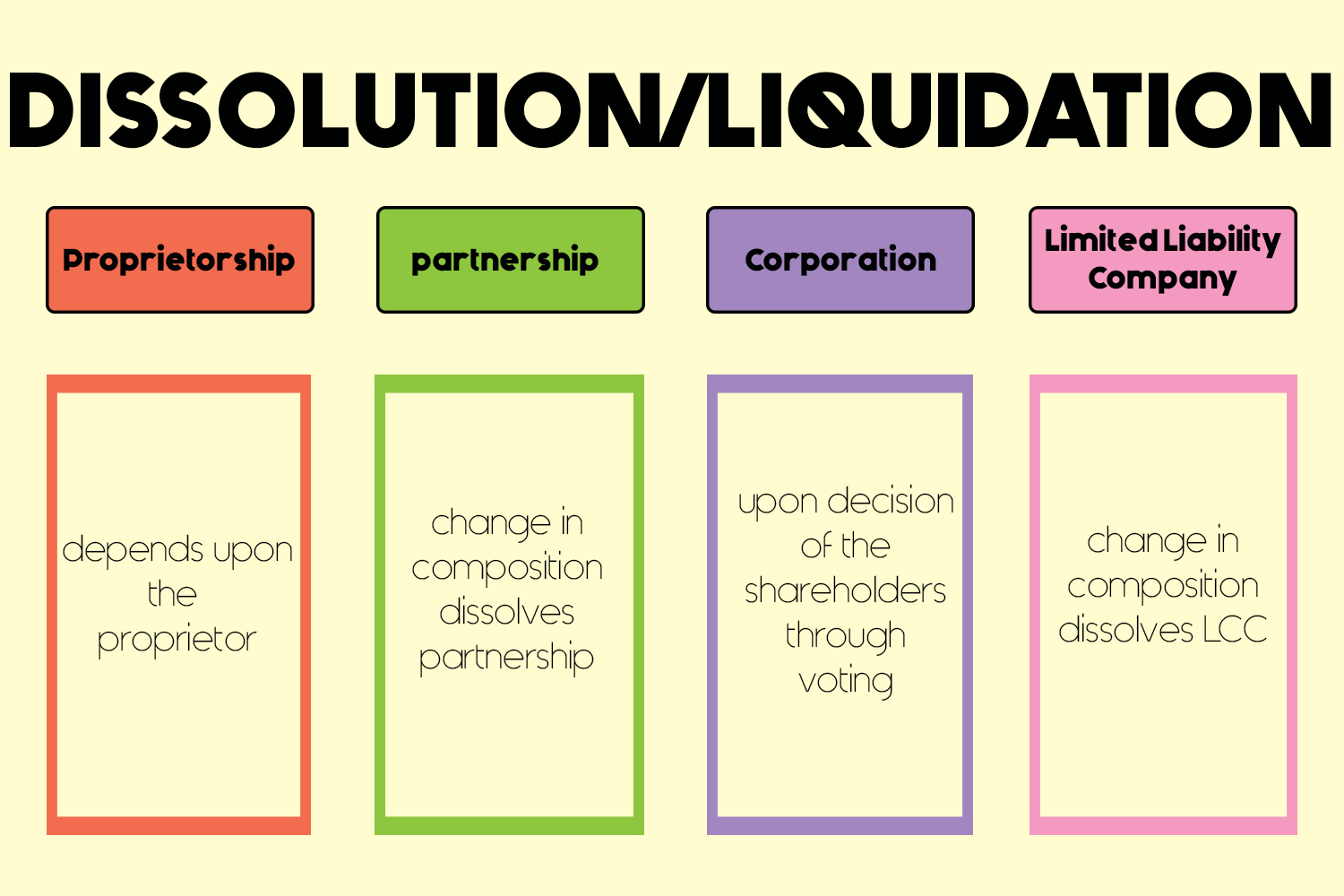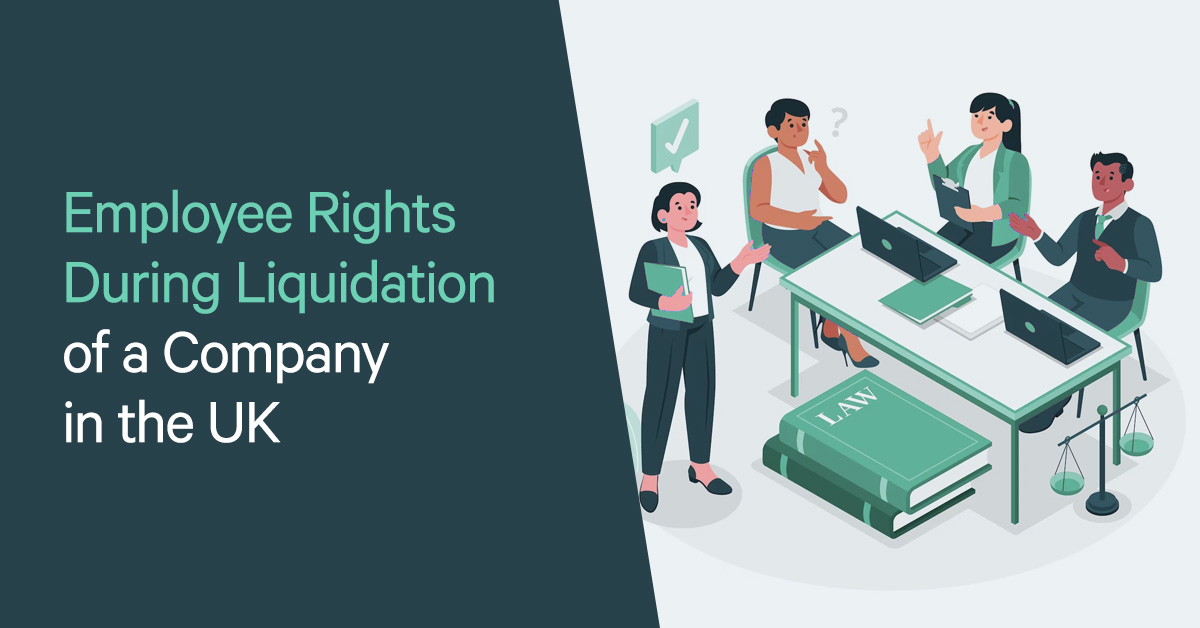Understanding the Consequences of Firm Liquidation on Employee Retention and Perks

Influence On Task Protection
In the occasion of company liquidation, the impact on work security can be considerable for workers as unpredictability relating to future employment emerges. When a business goes into liquidation, employees face the complicated possibility of potential task loss. This uncertainty can result in enhanced anxiety and anxiety amongst the labor force, influencing their morale and performance.
During the liquidation process, employees might experience an array of emotions, including frustration, anxiety, and rage, as they grapple with the possibility of joblessness. The lack of quality bordering the timeline of the liquidation and the destiny of their positions can produce a sense of instability within the workforce.
In addition, workers may also be concerned about the status of their advantages, such as health care coverage, retirement, and paid time off, during and after the liquidation procedure. The prospective loss of these benefits adds an additional layer of intricacy to a currently difficult situation for staff members.
Modifications in Worker Benefits

One usual adjustment is the decrease or elimination of particular benefits to reduce costs and work out arrearages. As an example, employer contributions to retirement plans may cease, leaving staff members to shoulder the full responsibility of saving for their future. Health care advantages might be scaled back, resulting in higher out-of-pocket expenditures for clinical services.
Communication becomes extremely important throughout this period of change. Companies should be transparent about the adjustments, giving clear explanations and aid to aid employees browse through the modifications. Open discussion and support can aid minimize anxiety and unpredictability amongst the labor force, cultivating a more favorable shift experience regardless of the challenging conditions.
Retention Strategies Post-Liquidation
Following the company liquidation, implementing efficient retention methods is crucial to protecting business ability and preserving stability within the labor force. In times of unpredictability, workers might really feel anxious regarding their future task safety and security and be a lot more likely to look for alternate job opportunity. To alleviate this risk, firms ought to concentrate on open interaction, giving openness concerning the business's circumstance, and supplying support to employees throughout the change duration.
One key retention strategy post-liquidation is to prioritize employee well-being and morale. This can be attained through normal check-ins, counseling solutions, and creating a positive work environment. In addition, offering occupation development chances and upskilling programs can increase employee motivation and interaction throughout challenging times. Recognizing and rewarding workers for their commitment and dedication can additionally cultivate a sense of loyalty and devotion to the organization.
Moreover, developing a clear job progression course and establishing practical goals can give employees an orientation and purpose within the company (do employees get paid when company goes into liquidation). By purchasing staff member development and proactively including them in decision-making processes, organizations can raise staff member retention prices and develop a resistant workforce post-liquidation
Legal Legal Right and Defenses
Throughout the aftermath of firm liquidation, it is crucial to deal with the lawful rights and securities offered to staff members to ensure a reasonable and compliant process. Employees facing work loss because of liquidation have particular rights protected by employment regulations. These rights consist of entitlements to unpaid salaries, discontinuance wage if applicable, and accumulated holiday or authorized leave payments. If needed to navigate the complexities of the liquidation process., it is essential for employees to understand these legal rights and seek legal guidance.
Additionally, in situations where a company goes right into liquidation, workers are typically thought about special creditors, granting them greater top priority in obtaining outstanding settlements over other lenders. Comprehending these lawful rights and protections is essential for workers to guard their passions and seek suitable choice in the event of firm liquidation - if a company goes into administration do i have to pay them.
Dealing With Financial Unpredictability
Browsing financial uncertainty can be a complicated obstacle for staff members impacted by firm liquidation. The sudden loss of revenue, advantages, and task safety and security can considerably interrupt people' monetary security. During such times, it is vital for staff members to analyze their present financial scenario genuinely. Developing an in-depth budget plan that prioritizes vital costs can aid in managing instant financial demands. Furthermore, checking out offered federal government support programs, such as unemployment benefits or re-training possibilities, can offer some relief.
It is crucial for workers to stay educated concerning their privileges, such as severance plans or superior settlements, to ensure they receive what they are owed. By proactively attending to economic obstacles, employees can browse with the uncertainty created by business liquidation with better durability and preparedness.
Verdict
Finally, business liquidation can have substantial ramifications on worker work safety, advantages, and general well-being. It is critical for organizations to implement retention techniques and provide assistance to staff members during this unsure time. Recognizing legal civil liberties and securities can aid alleviate the effect of liquidation on staff members. Handling economic unpredictability requires a proactive approach and communication from both employees and companies to browse with the obstacles efficiently.
When a firm deals with liquidation, the fate of its employees hangs in the equilibrium, raising crucial inquiries about job safety and security, benefits, and long-term stability. The influence of business liquidation on worker retention and benefits is a multifaceted if a company goes into administration do i have to pay them concern that demands a closer exam to recognize the complete extent of its consequences.
Browsing monetary uncertainty can be a complicated challenge for staff members impacted by company liquidation. By proactively attending to financial obstacles, workers can browse through the unpredictability triggered by business liquidation with better resilience and preparedness.
